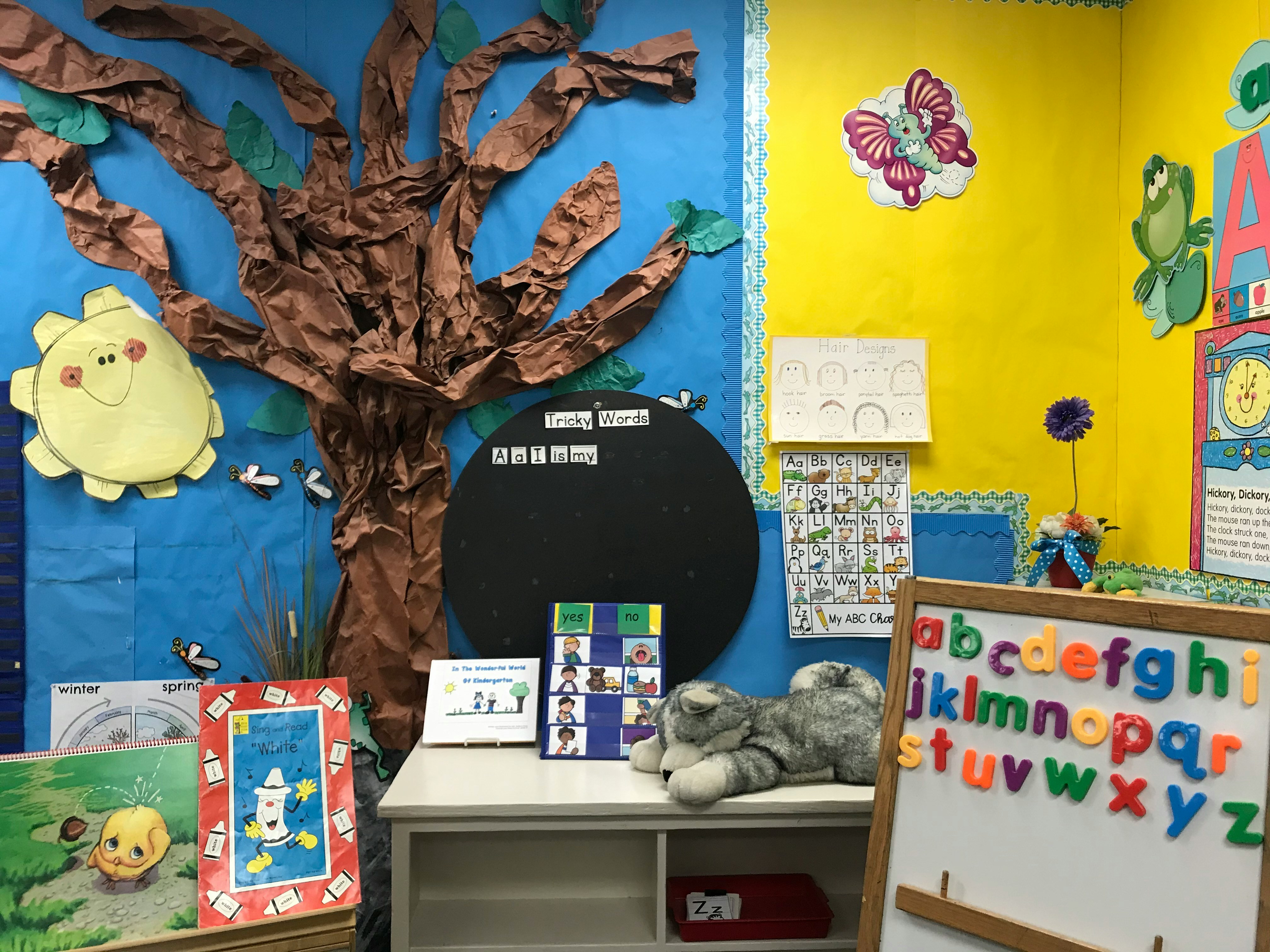The Importance of Early Childhood Education: Building Strong Foundations
Unlock the potential of young learners through quality early education. Early childhood education plays a pivotal role in shaping a child's future. This article discusses its importance and various aspects, providing insights to educators and parents.

How Early Education Impacts Lifelong Development
Early childhood education is much more than learning numbers or alphabets. It’s a comprehensive process that influences a child’s cognitive, social, and emotional development. Research reveals that children involved in high-quality pre-school programs are more likely to graduate high school, less likely to be arrested, and more likely to earn higher income.
Certifications for Early Childhood Educators
Being an early childhood educator is a rewarding yet challenging task. The profession requires specific qualifications and certifications, such as the Child Development Associate (CDA) certification, the Certified Childcare Professional (CCP) certification, and various state-specific certifications. These credentials ensure that educators have the necessary knowledge and skills to foster a conducive learning environment for children.
Different Types of Early Education Programs
There’s a broad spectrum of early education programs available, catering to diverse needs and preferences. These include Head Start programs, Montessori schools, Waldorf schools, Reggio Emilia schools, and state-funded pre-kindergartens. Each program follows a unique pedagogical approach, so parents and educators must understand their core principles to make informed decisions.
The Role of Play in Early Learning
Play serves as a powerful tool in early learning. It fosters creativity, enhances problem-solving skills, and promotes social interaction. It also helps children understand the world around them. Hence, incorporating play-based learning in early education programs can stimulate cognitive development and instill a love for learning.
Key Benefits of Early Childhood Education: Useful Tips
- Early education fosters a love for learning and curiosity.
- It helps develop social and emotional skills.
- It prepares children for school and beyond.
- It aids in identifying and addressing developmental issues.
- It enhances cognitive and motor skills.
A Guide on Early Childhood Education
Early childhood education is a critical phase in a child’s growth, and understanding its various facets is imperative. It’s a comprehensive process involving learning through play, developing social skills, and preparing for school. As parents and educators, knowing its impact, the required certifications, different types of programs, and the role of play is crucial.
Remember, investing in early education is investing in a child’s future. It provides a solid foundation for lifelong learning and success. With the right approach, we can ensure that children enjoy a nurturing, stimulating, and enriching early learning experience.




